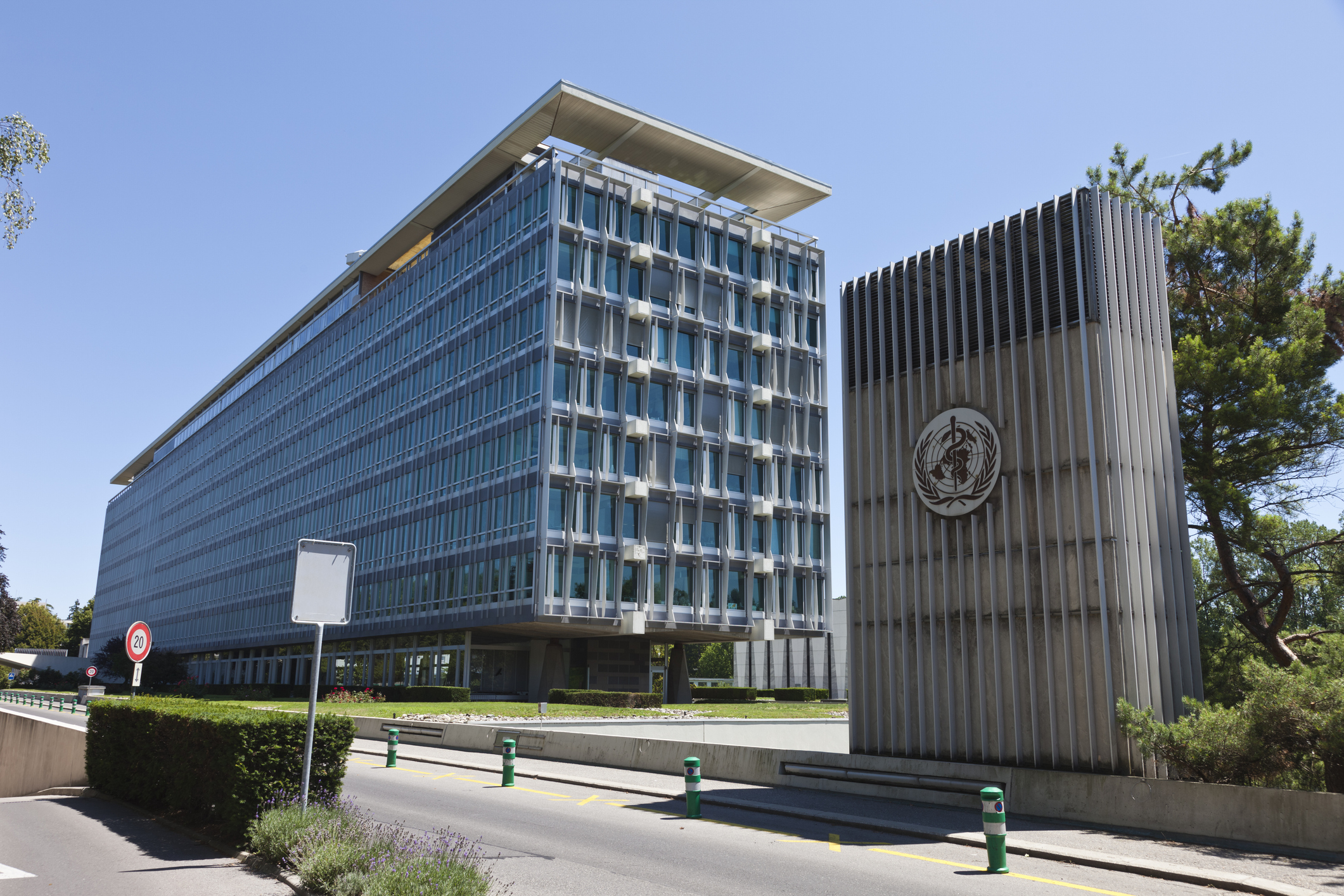The World Health Organization (WHO) South-East Asia Regional Director, Saima Wazed, has launched a campaign aimed at ending gender-based violence.
The 16 Days of Activism, which began on November 25, coinciding with the International Day for the Elimination of Violence Against Women, will run until December 10, concluding on International Human Rights Day.
This year’s campaign is of particular significance, given the upcoming 30th anniversary of the Beijing Declaration and Platform for Action (BPOA), set to be reviewed at the Commission on the Status of Women in March 2025. Signed by 189 member states in 1995, the BPOA remains the most comprehensive global policy framework for advancing women’s rights and gender equality.
Wazed emphasized that as the global review of BPOA approaches, it is essential to reflect on both the progress made and the barriers that continue to hinder the elimination of violence against women and girls. She pointed out that the 16 Days of Activism presents a crucial opportunity for individuals and organizations to amplify efforts to eradicate all forms of gender-based violence in various settings, including private, public, workplace, and online spaces.
Wazed also highlighted that women and girls living in humanitarian emergencies face heightened risks. “Given the ongoing conflicts and disasters worldwide, this year’s WHO campaign focuses on addressing the particular needs of women and girls in these vulnerable situations,” she said.
Gender-based violence (GBV) manifests in various forms, including intimate partner violence, early marriage, workplace harassment, and digital violence. Such violence escalates during armed conflicts, disease outbreaks, or natural disasters, often leading to large-scale displacement. Women and girls in refugee camps or with limited mobility are especially at risk, according to the WHO.
The consequences of GBV are severe, leading to both physical and mental health repercussions for survivors, including injury, unintended pregnancies, sexually transmitted infections (STIs), depression, and post-traumatic stress. Wazed added that the lack of adequate healthcare further exacerbates these challenges, leading to continued disempowerment and hindering women’s socio-economic development.
Despite some progress, significant challenges remain. The WHO pointed to laws, policies, and essential services that have been implemented in several countries, such as India’s Protection of Women from Domestic Violence Act, 2005, Thailand’s Domestic Violence Victim Protection Act, 2007, and Indonesia’s breakthrough Sexual Violence Crime Law passed in 2022. Additionally, services like One-Stop Centres and Helplines have been set up in countries including Bangladesh, Bhutan, India, Nepal, Maldives, Sri Lanka, and Thailand to support survivors of GBV.
However, Wazed emphasized that much work remains to be done. “Violence against women remains a global, national, and local challenge, with an estimated 736 million women experiencing physical and/or sexual intimate partner violence at least once in their lifetime,” she said. The WHO South-East Asia Region, which is prone to natural hazards, faces exacerbated vulnerabilities to violence, particularly in conflict and disaster-prone areas.
To address these issues, Wazed proposed a “4P approach,” which focuses on Promoting investment in women and girls, Providing access to essential services, Protecting marginalized populations, and Performing by ensuring the availability of disaggregated data to drive fair and effective healthcare systems.
The WHO’s technical tools, such as the RESPECT framework for GBV and INNOV8 for health equity, are key to mitigating risks, restoring women’s health, and ensuring long-term change. WHO is also working with multiple partners in the region to advance initiatives like Spotlight 2.0 to end violence against women.
Wazed said, “As we approach the Beijing +30 Global Review, achieving progress requires a collaborative approach with targeted efforts for conflict and hazard-prone settings. WHO South-East Asia is committed to facilitating regional cooperation, bringing together governments, international organizations, civil society, and communities to take action. Together, we can accelerate efforts to combat GBV, as healthy, safe, and empowered women and girls are the foundation of resilient societies today and in the future.”
(Inputs from ANI)




















